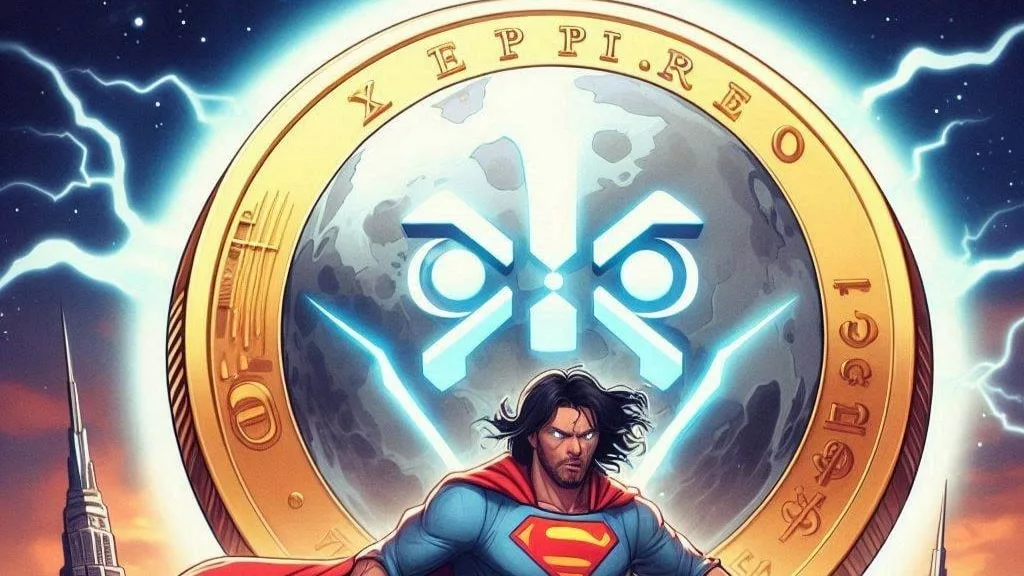
Bitcoin has reached a significant milestone: its 16th anniversary. Over the years, it has gone from being a niche digital currency to a global financial phenomenon. As Bitcoin celebrates this milestone, it’s important to reflect on how it challenges the traditional financial system, particularly fiat currencies, and what the future might hold for this revolutionary digital asset.
For centuries, people have used fiat money—currencies issued by governments that have no intrinsic value. These currencies get their value from the authority of governments and central banks. The value of a dollar, euro, or yen is determined not by its physical worth, but by the trust people place in the institutions behind them.
But this system is far from perfect. Governments have the power to print more money whenever they wish, which can lead to inflation. In some cases, this has caused the value of money to drop drastically, as seen in various economic crises around the world. The value of fiat currencies is also highly influenced by political decisions, which can often be unpredictable and unstable.
Enter Bitcoin, a digital currency that was created with the intention of being a decentralized alternative to traditional fiat currencies. Bitcoin was designed to work without the need for central banks or governments. Instead, it relies on a network of computers to verify transactions, making it immune to the manipulation of central authorities.
The key difference between Bitcoin and fiat is its underlying value. Unlike fiat money, Bitcoin’s value isn’t determined by a government’s decree. Instead, Bitcoin’s value comes from its scarcity and its utility as a medium of exchange. There will only ever be 21 million bitcoins in existence, which gives it a level of scarcity similar to precious metals like gold.
Bitcoin also has the advantage of being borderless and accessible to anyone with an internet connection. This has made it an attractive option for people in countries with unstable currencies or those looking to move away from the control of traditional financial institutions.
Since its creation in 2009, Bitcoin has steadily gained popularity. In its early days, Bitcoin was seen as a novelty, mostly used by tech enthusiasts and a small group of investors. However, as the years have gone by, Bitcoin has gained recognition as a legitimate financial asset.
One of the major reasons for Bitcoin’s rise is the increasing mistrust in fiat currencies and traditional banking systems. In countries like Venezuela, where hyperinflation has rendered the national currency almost worthless, Bitcoin has become a safe haven for those looking to protect their wealth. In more developed economies, Bitcoin has attracted institutional investors, with large companies and financial institutions now adding Bitcoin to their portfolios.
While Bitcoin has shown impressive growth, it’s not without its challenges. One of the biggest hurdles is its scalability. Currently, Bitcoin’s network can only handle a limited number of transactions per second, which can cause delays and higher transaction fees during times of high demand.
To overcome this, Bitcoin’s community is working on solutions like the Lightning Network, which aims to make Bitcoin transactions faster and cheaper. However, these solutions are still in development, and Bitcoin’s ability to scale effectively remains a key challenge.
Another challenge is regulation. As Bitcoin becomes more mainstream, governments around the world are grappling with how to regulate it. Some countries have embraced Bitcoin, while others have imposed restrictions or outright bans. The lack of clear regulatory guidelines is a concern for many investors and businesses in the space.
Despite these challenges, Bitcoin’s future looks bright. It has proven to be a resilient and innovative technology that continues to attract attention from investors, businesses, and even governments. The idea of a decentralized financial system, where individuals have control over their own money without the need for intermediaries, is appealing to many.
As Bitcoin continues to mature, its role in the global economy will only become more important. While it may not replace traditional fiat currencies anytime soon, Bitcoin has the potential to become a valuable complement to existing financial systems, providing a hedge against inflation and offering greater financial freedom to individuals around the world.
Bitcoin’s 16th anniversary is a reminder of how far the digital currency has come and the impact it has had on the financial world. As we look ahead, Bitcoin’s journey is far from over. It may face challenges along the way, but its unique properties and the growing demand for decentralized money ensure that it will continue to shape the future of finance for years to come.



Get the latest Crypto & Blockchain News in your inbox.